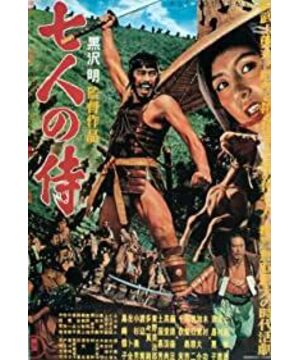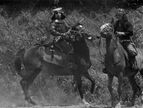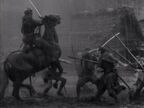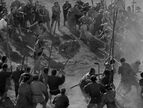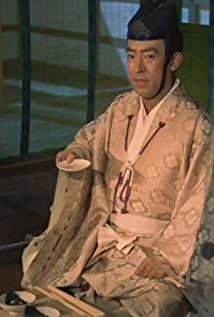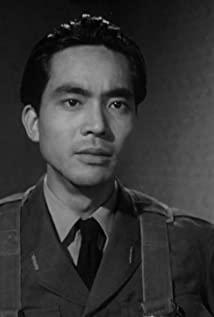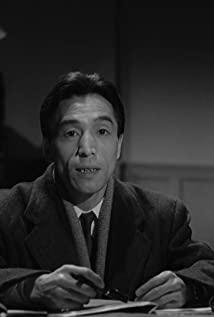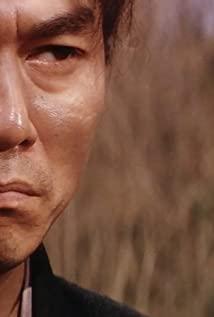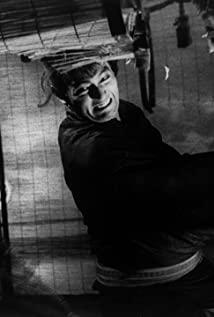Speaking from the consciousness of samurai and peasant Yang Xinlian
"Seven Samurai" lasted three hours, shot in the 1950s, is a well-deserved classic in black and white movies, and is also a representative of Akira Kurosawa's movies A sex movie, won the Silver Lion Award at the Venice Film Festival in 1954, and was ranked No. 1 among the 100 Japanese films selected by the Japanese "Cinema Xunbao". Kurosawa has a special liking for samurai, which is reflected in films such as "Seven Samurai", "Zushi Sanshiro", and "Shadow Samurai". In Japan, the Bushido spirit is a principle that the Japanese warrior class must strictly abide by. Its origin can be traced back to Japan's national Shinto and Buddhism. It has similarities with the Chinese Confucian and Mencius, and requires loyalty, benevolence, justice, etiquette, wisdom, and trust.
The first thing that deserves to be praised is the consciousness of the farmers-hiring (fallen) warriors to fight against the bandits and protect them. If they do not have this advanced consciousness, this film will have one less opportunity. The advanced ideas of a few farmers have been opposed by everyone. , This is inevitable. In this way, the film has its ups and downs. From the beginning of the film, the images of the farmers are portrayed vividly, depicting the peasants' sufferings one by one on their gully-filled faces, which are like sculptural portraits. In fact, the contradiction of "ups and downs" mentioned above has been running through the whole film. After the peasants reached a consensus, they sent representatives to recruit samurai. In the process, they were ridiculed, ridiculed, and even beaten. When everyone was desperate, there was a scene where the chivalrous warrior Kanbingwei rescued the kidnapped child. The farmers' hope was like a plant struggling from a corner, looking at each other with joy.
In the film, it is not difficult to find that class is a gap between the crowd. From the prelude of the recruitment process, the samurai class is dismissive of the peasants and even feels that it is an insult to hire them. From the back, everyone's love for the samurai Katsujuro and the farm girl Noshi. Kanbingbei, the head of the Seven Samurai, has a narrowly benevolent heart. He promised that he received the peasant's rice in return for his kindness. Through the twists and turns in the front, and the Kanbingwei's hand in the back, things have become promising and everyone is excited. In the process of recruiting the samurai, Kanbingbei saw that the samurai had some simple but true temperament, which were all different. This process is still very interesting. I met Shichiroji who has an ordinary heart and is not surprised, Goro Hebei who is wise and peaceful, and can die calmly as a friend, and Kuzo, a swordsman who has a cold face and excellent skills, is optimistic and brave. Heihachi, and the young man Katsushiro who followed him for worshipping Kanbei, the last one is the fullest and most vivid fake samurai in the film-Kiku Chiyo, of course, he later trained to become a real samurai.
The communication between the samurai is far more harmonious than that of outsiders. Kanbei is the core button between the farmer and the samurai, and Kikuchiyo is the core button between the samurai and the farmer. It seems to be connected, but in reality it is irreversible. It is like a sufficient and necessary relationship in logic. After several rounds and turns, when the recruited Seven Samurai followed Liji and other farmers into the village, the situation was reversed. The villagers returned to their nest in an instant, kept behind closed doors, and evaded the samurai who came to help them. This situation has caused others to condemn the peasants' rebellion. It is not excluded that many farmers have advanced consciousness, but most of them are very ignorant and follow the crowd. This has been the case since ancient times, and it is now. As a farmer, the fake samurai Kiku Chiyo deliberately knocked on the police, and caused a panic. From the panic, the farmers came out, gathered together, and asked the Samurai for help. Kiku Chiyo ridiculed them. The elder of the clan is a sensible person. He said a lot of simple and reasonable words, which is impressive. He said: Farmers are afraid of wind and rain, afraid of this and that. He made a fair assessment of Kiku Chiyo's deliberate actions: it was better and broke the barrier. Kiku Chiyo has a thorough understanding of peasants and a thorough critique. Because he is a peasant, he also understands the peasants of peasants-"The reason why peasants are like this is also caused by your samurai." This is caused by the class generation gap. He has the shortcomings of a peasant, he is so arrogant, arrogant, reckless and vulgar, but he also has the spirit of a warrior, and he will die on the battlefield. In the end, he has achieved his pursuit of a samurai with a tragic and desolate image. Completed his training of the samurai spirit.
In this battle to defend the peasants, the Seven Samurai suffered heavy losses. The battle allowed them to stand on the same front with the peasants. After the battle, the peasants sang and danced and planted the seedlings in celebration. There was no need to worry about the looting of the autumn rations and the mountains. The thief comes again to cause trouble and trouble the people. On the other side, three surviving samurai stood between four tombs. The camera was divided into two levels. Kanbingbei said that we have failed again, and those farmers are the winners. In the battle between the samurai and the bandit, after several rounds, the director has a good heart and showed extraordinary creativity in the design of the battlefield. Talking about the culture and traditions represented behind weapons, American scholar Ruth Benedict used "Chrysanthemum and Sword" to summarize the national character of Japan. "Chrysanthemum" is the family crest of the Japanese imperial family, and "Sword" is a symbol of the culture of the samurai family. . For the samurai, the sword is the most important weapon and symbol of the samurai spirit. The samurai sword on the tomb of Kikuchiyo shows that his cultivation is enough to explain the symbol of the sword. Although the sword is the highest symbol and the most noble spiritual pursuit, the samurai can interpret the sword to perfection and superb, but how can he beat Yang's musket with hundreds of steps, four samurai all lost their lives under the bullet of the musket, the samurai is so fragile.
At the end, the bandit repulses, the samurai stands silent in front of the grave of the dead, and is about to retreat, the farmer welcomes the new world, and Naoshi and Katsura pass by, her expression is far from the scorching eyes that treated her lover before. , It is unforgettable. Kanguard and Shichiroji survived once again. One was about to continue to be a normal-hearted merchandiser, one was about to retire to become a monk, and another young man with a strong passion and obsession with the samurai spirit went through this double coming-of-age ceremony. Where is he going? With the wheel of history moving forward and the changing times, how should pursuit and belief adapt to the new era? Need awareness, need reflection. In the future, farmers and the land will depend on each other, and they will be the ultimate winners. Kanbingwei’s words are always so sharp. He reflects: When he was young, he wanted to exercise his martial arts, go to battle, and become the lord of one city and one place. After thinking about this, his hair became white, his parents were no longer there, and he had no block. Land for long sleep.
View more about Seven Samurai reviews


